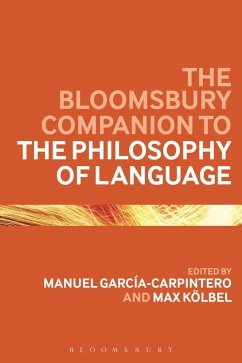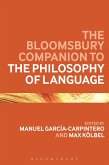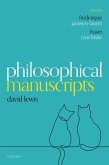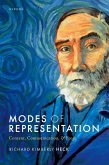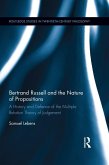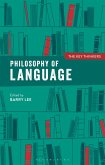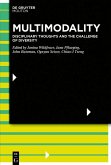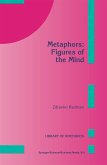Beginning with works of Frege, Russell, and Wittgenstein, The Bloomsbury Companion to the Philosophy of Language provides a critical history of the core concepts in the area. From generative syntax and formal semantics to broader philosophical issues such as intentional contexts, theories of meaning and context dependence, a well-known team of experts offer insightful analysis into some of the fundamental questions asked by the philosophy of language.
The result is a comprehensive introduction, featuring a series of research tools, including an A to Z of key terms and concepts, a detailed list of resources and a fully annotated bibliography. For students and scholars looking to better understand the questions and debates informing the subject, this is an essential study tool.
The result is a comprehensive introduction, featuring a series of research tools, including an A to Z of key terms and concepts, a detailed list of resources and a fully annotated bibliography. For students and scholars looking to better understand the questions and debates informing the subject, this is an essential study tool.
Unlike many anthologies, this is not a mere collection of seminal works in the recent history of the field, but rather a collection of contemporary essays written with the professed purpose of introducing students and scholars to the field. Each of the original essays provides both a critical history of the fundamental concepts central to the philosophy of language and a pointed analysis of the issues involved from the contributor's own point of view. The result is a valuable resource for students and scholars interested in either the history of the discipline or the state of the contemporary debate. CHOICE

